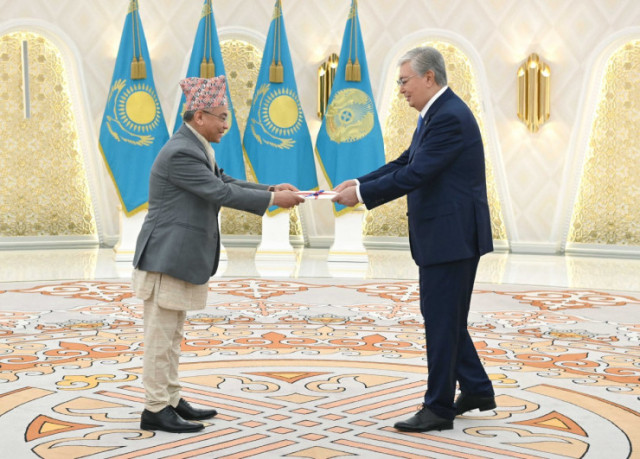
Almost 2,000 schools have been built in Kazakhstan during the 30 years of the country's independence. Another 1,000 schools will be built by 2025. Of these, more than 100 educational institutions will be built under the PPP mechanism. This was announced by Vice Minister of Education and Science Bibigul Assylova. She said that this year the country had put into operation more than 200 new schools.
“Together with the local administrations, we drew up a plan on which street, in which settlement, in which place and in what year this or that school will be built. Starting in December, the mayor’s and governor’s offices should begin developing the relevant documentation and carry out the construction of these facilities strictly according to this plan. These are 101 schools across Kazakhstan. Presently, 31 contracts for the PPP construction are already in various stages of development, some have already concluded it, and some have announced a tender,” said Bibigul Assylova, Kazakh Vice Minister of Education and Science.
According to experts, this accelerated pace of school construction in the country is due to a large influx of new students. For example, while 150,000 children graduated school this year, almost 400,000 were admitted to the first grade. Thus, by 2025, the country may need up to one million additional student places. In order to eliminate this problem in advance, the Head of State gave instructions and a new format of public-private partnership projects was developed and launched.
“Overall, we have had only four schools built in our country under the standard PPP mechanism since independence, which is not enough. Last year, when we studied the pros and cons, we worked with the city of Nur-Sultan to develop a new mechanism for a PPP project in the field of education. The main goal is to build these projects in the shortest possible time and reduce the amount of paperwork, we also introduced two components,” shared Assylova.
The new PPP format will attract domestic and foreign investors and developers. The state will be preoccupied only with educational activities, and the technical operation of the facility will be provided by a private partner-developer. At the end of the PPP contract, the school will be transferred to communal ownership. Experts say that another advantage is that this approach also reduces the burden on local budgets.
Translation by Assem Zhanmukhanova
Editing by Galiya Khassenkhanova









